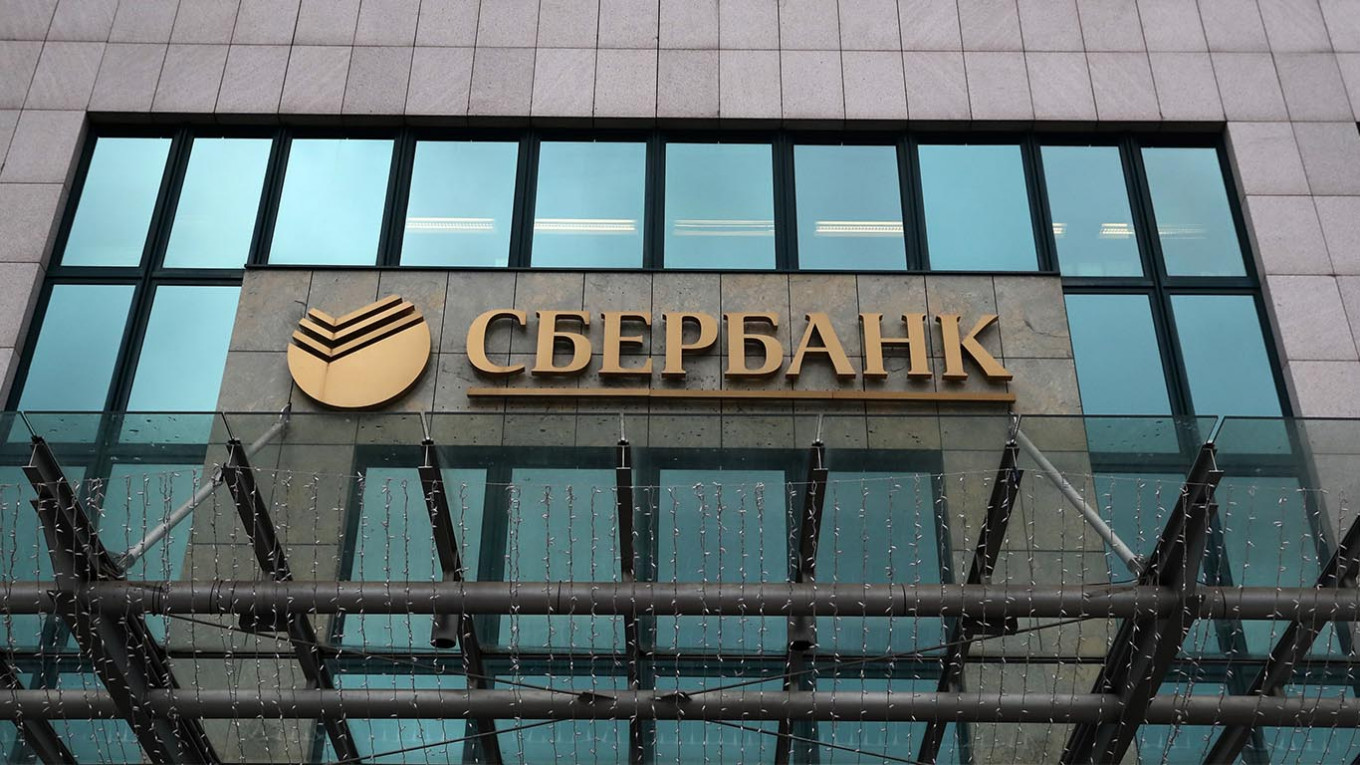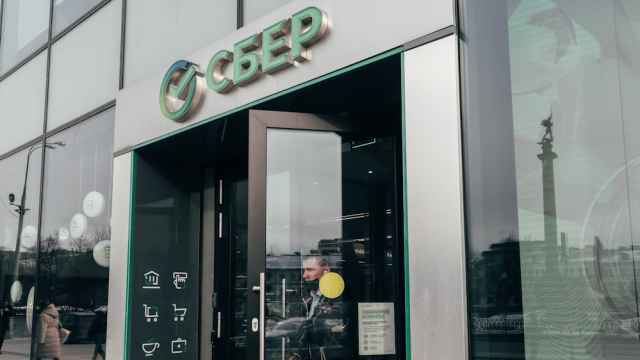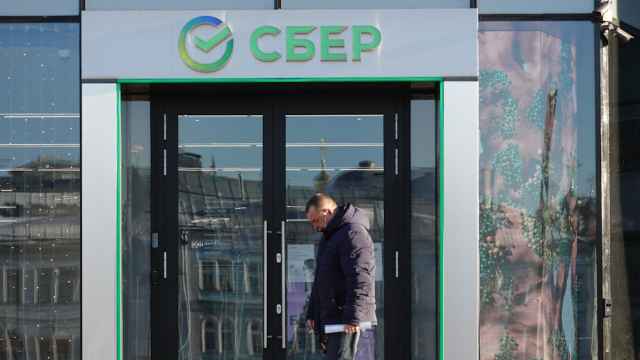Russia’s largest bank is embarking on what it calls the biggest transformation in its history, as it unveils a suite of new technology products in an aggressive drive to enter the lucrative Big Tech sector.
In a flashy presentation Thursday morning — echoing Apple’s famous annual product launches which attract millions of viewers and are a fixture on the global corporate calender — chief executive German Gref unveiled the firm’s new smart screen, speakers, TV box and a “family” of virtual assistants designed to rival Amazon’s Alexa as a smart home management system.
Other announcements included SberPay — a new payment system similar to ApplePay — and its own mini app store.
The state-controlled lender also dropped the word “bank” from its new corporate branding — becoming Sber — as it stressed the company should be seen as a serious technology player, and not just a finance company. The rebrand itself will cost 2.5 billion rubles ($32 million), and take up to six years to complete, it said.
The unveiling was the public culmination of Sberbank’s ambitious push into the sector in recent years. It has a joint venture with, and 1.8% stake in, Mail.Ru — a rival to Russia’s largest technology company Yandex — under an agreement that could see its stake increase to a fifth in the next few years. The bank's investments extend to ridesharing, online food delivery, e-commerce, driverless cars, artificial intelligence and streaming services.
In another new business line lifted from the U.S. tech giants, the company also unveiled a new subscription service, SberPrime — a Russian answer to the Amazon initiative of the same name. SberPrime will give free delivery from the bank’s e-commerce arm, music and film streaming, cloud storage and discounts on food delivery and taxis.
The lender is Russia’s most valuable publicly-listed company with a market capitalization of more than 5.2 trillion rubles ($67 billion). It posted profits of 845 billion rubles in 2019 (around $13 billion at the time).
Sberbank also unveiled a new design concept for its network of 14,000 branches across Russia. Tellers will be replaced by super ATMs with face recognition technology through which customers can not only perform standard banking functions, but even order taxis and takeaway food.
Russia is something of a global anomaly in terms of big tech, with the market dominated by local players rather than the U.S. giants. It is one of the few countries in the world where Google is not the major search portal. E-commerce is fragmented across various Russian initiatives such as Ozon and Wildberries, and VKontakte — owned by Mail.Ru — remains the country’s top social media platform.
Regulation has played a part in keeping the likes of Amazon and Google at bay, with the Russian government sceptical of allowing large foreign companies to enter the market and putting up barriers to limit their growth, such as the requirement to keep personal data stored inside Russia.
Shares in Sberbank dropped slightly after the presentation, which included a string of guest appearances from Russian actors and TV stars, falling by 0.8%.
A Message from The Moscow Times:
Dear readers,
We are facing unprecedented challenges. Russia's Prosecutor General's Office has designated The Moscow Times as an "undesirable" organization, criminalizing our work and putting our staff at risk of prosecution. This follows our earlier unjust labeling as a "foreign agent."
These actions are direct attempts to silence independent journalism in Russia. The authorities claim our work "discredits the decisions of the Russian leadership." We see things differently: we strive to provide accurate, unbiased reporting on Russia.
We, the journalists of The Moscow Times, refuse to be silenced. But to continue our work, we need your help.
Your support, no matter how small, makes a world of difference. If you can, please support us monthly starting from just $2. It's quick to set up, and every contribution makes a significant impact.
By supporting The Moscow Times, you're defending open, independent journalism in the face of repression. Thank you for standing with us.
Remind me later.







